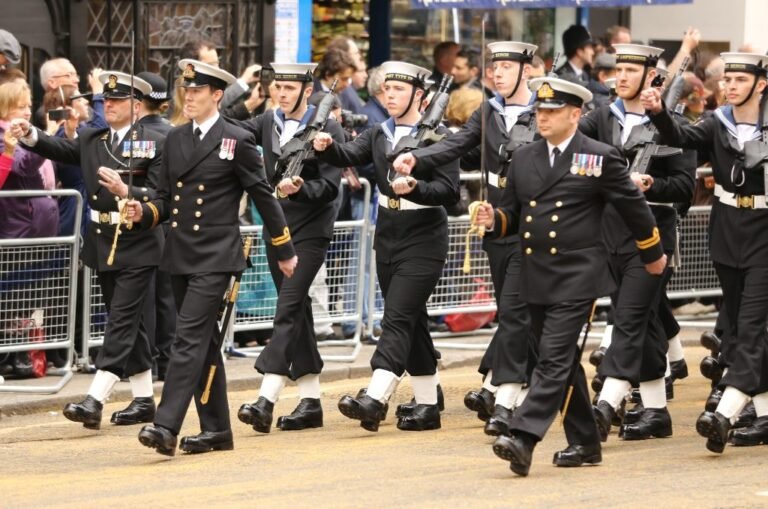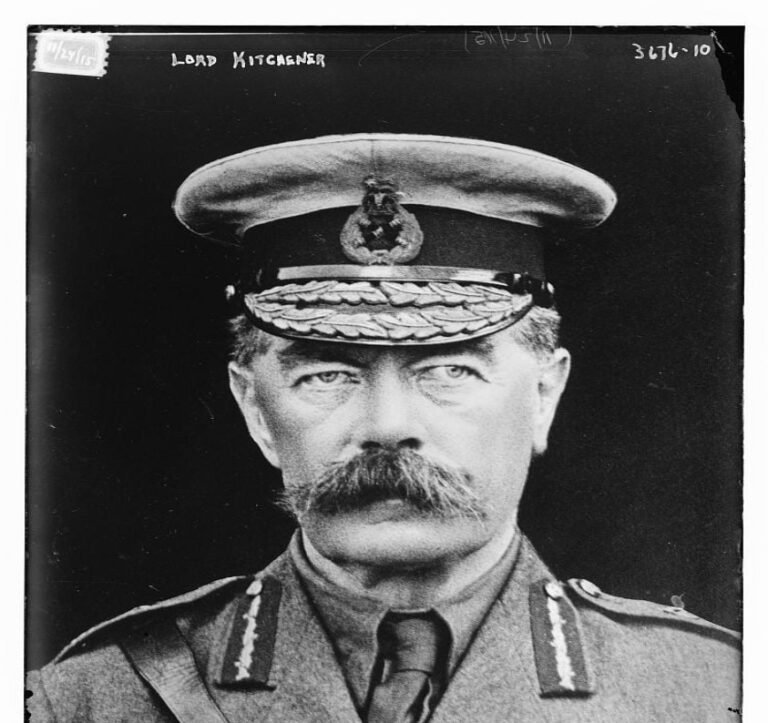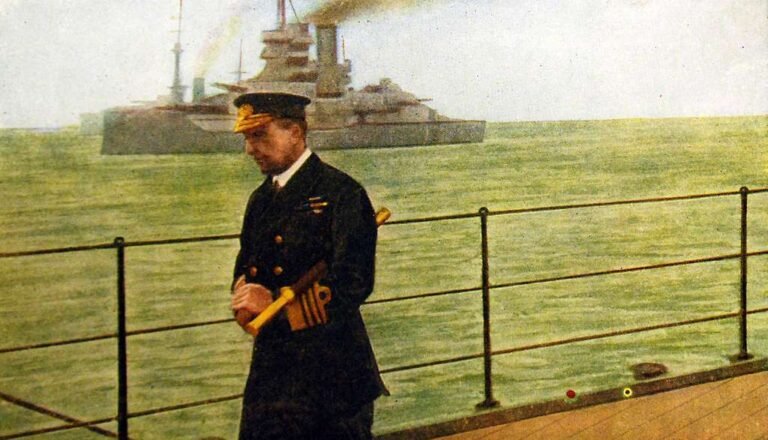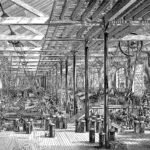Napoleon I, one of history’s most fascinating figures, shaped the course of Europe. His legacy is still debated today, over two centuries later.
Born in Corsica in 1769, Napoleon Bonaparte rose through the ranks of the French military during the Revolution. He crowned himself Emperor of France in 1804. His strategic brilliance on the battlefield earned him many victories and expanded French territory.
Yet, his ambition led to conflicts across Europe. Napoleon’s rule brought significant reforms in law, administration, and education. His Napoleonic Code influenced legal systems worldwide. Despite his ultimate defeat at Waterloo in 1815, his impact on history remains profound. Understanding Napoleon’s life helps us grasp the complexities of leadership, power, and ambition.
Early Life
Napoleon Bonaparte, one of history’s most intriguing figures, had a fascinating early life that shaped his future. Understanding his beginnings can provide a clearer picture of how he rose to power. Let’s delve into his formative years, focusing on his Corsican roots and military education.
Corsican Roots
Napoleon was born on August 15, 1769, in Ajaccio, Corsica. His family was of minor Italian nobility, but they faced financial difficulties. Corsica had just been transferred from Genoese to French control, creating a unique cultural blend.
Growing up, Napoleon was deeply influenced by Corsican patriotism. He admired the local hero, Pasquale Paoli, and initially opposed French rule. This sense of identity and pride in his heritage stayed with him throughout his life.
Despite the political turmoil, Napoleon’s parents ensured he received a solid education. They believed that education was the key to rising above their modest means. This belief would propel young Napoleon into a world beyond Corsica.
Military Education
At the age of nine, Napoleon left Corsica for mainland France. He was enrolled in a religious school in Autun, but soon moved to the military academy at Brienne-le-Château. Here, he began his formal military training.
The academy was rigorous and demanding. Napoleon stood out for his intelligence and discipline, though he faced challenges due to his Corsican accent and background. Yet, these difficulties only strengthened his resolve.
After Brienne, Napoleon attended the prestigious École Militaire in Paris. He specialized in artillery, a field that required both strategic thinking and technical skills. This decision would later prove crucial in his military career.
By the time he graduated, Napoleon was well-prepared for the challenges ahead. His early life experiences, both in Corsica and at military school, had equipped him with the knowledge and determination to pursue greatness.
What aspects of Napoleon’s early life do you think were most influential in shaping his character? Share your thoughts in the comments below.
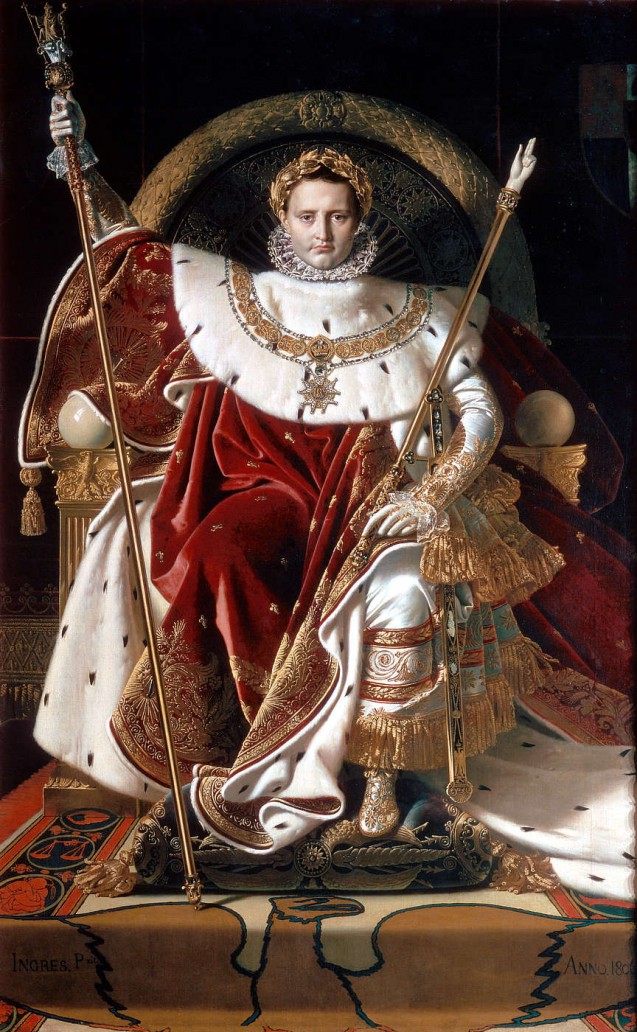
Credit: www.napoleon.org
Military Ascendancy
Napoleon I demonstrated exceptional military ascendancy through innovative tactics and strategic brilliance. His leadership skills led to numerous victories, reshaping European political landscapes. Napoleon’s impact on military history remains profound.
Napoleon Bonaparte’s rise to power was nothing short of extraordinary. His military ascendancy is often studied for its brilliance and strategic mastery. Let’s delve into two key campaigns that played pivotal roles in his journey to becoming a legendary military leader.
Italian Campaigns
Napoleon’s Italian campaigns are a masterclass in military tactics. In 1796, he took command of the French Army of Italy. His bold strategies and swift movements caught his enemies off guard.
During these campaigns, Napoleon demonstrated his ability to outmaneuver larger and well-established armies. His victory at the Battle of Rivoli is a perfect example. He used the terrain to his advantage and executed a surprise attack that led to a decisive victory.
Have you ever found yourself underestimated, only to prove your worth through unexpected success? Napoleon’s Italian campaigns remind us that underdogs can indeed rise to the top with clever strategies and determination.
Egyptian Expedition
Napoleon’s Egyptian expedition was both ambitious and controversial. In 1798, he led a campaign to disrupt British trade routes and establish French influence in the region. This expedition was not just about military conquest but also about exploring and understanding a different culture.
One fascinating aspect of this campaign was the discovery of the Rosetta Stone. This artifact became key to deciphering Egyptian hieroglyphs. Napoleon’s efforts in Egypt extended beyond the battlefield, leaving a lasting impact on history and archaeology.
Think about a time when you took on a challenge that seemed larger than life. Napoleon’s Egyptian expedition shows that even when outcomes are mixed, bold actions can lead to unexpected and valuable discoveries.
Napoleon’s military ascendancy was marked by innovation, boldness, and a keen understanding of both terrain and human nature. His Italian campaigns and Egyptian expedition provide valuable lessons for anyone looking to overcome obstacles and leave a lasting impact. What strategies will you adopt from Napoleon’s playbook to achieve your own victories?
Rise To Power
Napoleon Bonaparte’s rise to power is a fascinating story. Born in 1769, he grew up in Corsica. He joined the French military at a young age. His skills and ambition quickly set him apart. By his mid-20s, he was a well-known name. He led French troops to many victories. Let’s explore how Napoleon’s journey led him to power.
Coup Of 18 Brumaire
In 1799, France was in turmoil. The government, known as the Directory, was weak. The people were unhappy. Napoleon saw an opportunity. On 18 Brumaire (November 9), he acted. With the help of his brother and other allies, he staged a coup. They took control of the government. It was quick and mostly bloodless. The Directory was dissolved. A new era began for France.
Establishing The Consulate
After the coup, a new government was formed. It was called the Consulate. Napoleon became one of three consuls. But he was the most powerful. He worked hard to stabilize France. New laws were created. The economy improved. Peace treaties were signed. People began to trust the government again. Napoleon’s leadership was strong and effective. He was now the most powerful man in France.
Emperor Of The French
Napoleon Bonaparte rose to power during the French Revolution. His military prowess and strategic genius were unmatched. He declared himself Emperor of the French in 1804. This marked a significant shift in French history. His reign brought many changes to France.
Coronation
Napoleon’s coronation took place on December 2, 1804. It was a grand ceremony in Notre-Dame Cathedral in Paris. Napoleon crowned himself, breaking tradition. This act symbolized his authority and independence. The event was attended by Pope Pius VII. The coronation solidified his power and ambition. Many saw him as a ruler with great vision.
Domestic Reforms
Napoleon implemented several domestic reforms. He introduced the Napoleonic Code. This legal framework influenced many countries. The code ensured equality before the law. It protected property rights and individual freedoms. Napoleon also reformed education. He established state-controlled schools. These schools aimed to create loyal citizens. He improved infrastructure, building roads and bridges. These projects boosted the economy and connected regions.
Napoleonic Wars
Napoleon I led France during the Napoleonic Wars. His military genius reshaped Europe. Battles like Austerlitz showcased his strategic brilliance.
The Napoleonic Wars were a series of conflicts fought between Napoleon Bonaparte’s French Empire and a variety of European coalitions. These wars lasted from 1803 to 1815 and were marked by intense battles, strategic brilliance, and significant political changes. They reshaped Europe and had lasting impacts on global history.
Coalition Wars
The Coalition Wars were pivotal in the Napoleonic Wars. Various European powers formed coalitions to counteract Napoleon’s expansionist ambitions.
Countries like Britain, Austria, Prussia, and Russia joined forces against France. Each coalition had its unique strategies and challenges.
Imagine facing a united front of powerful nations. Napoleon had to adapt and innovate constantly. His strategies often caught his enemies off guard, leading to surprising victories.
Major Battles
The Napoleonic Wars saw numerous major battles that defined its course. Let’s look at a few that stand out.
Battle of Austerlitz: This 1805 battle is often called Napoleon’s greatest victory. He outmaneuvered the Austrian and Russian armies, securing a decisive win.
Battle of Waterloo: In 1815, this battle marked Napoleon’s final defeat. The British and Prussian forces under Duke Wellington crushed his army, ending his reign.
Battle of Borodino: Fought in 1812 during Napoleon’s invasion of Russia, it was one of the bloodiest battles. Despite heavy losses, Napoleon captured Moscow, only to face a disastrous retreat later.
Have you ever faced a challenge where the odds were against you? Napoleon’s battles teach us about resilience and the importance of strategic thinking.
Understanding these battles provides insights into Napoleon’s military genius. They also highlight the impact of leadership and innovation in overcoming obstacles.
Napoleon’s legacy in warfare remains influential. His strategies are studied in military academies worldwide. So, what lessons can you draw from his approach to handling adversity?
The Grande Armée
Napoleon I’s Grande Armée is often regarded as one of the most formidable military forces in history. This army was not just massive in size, but also revolutionary in its approach to warfare. Napoleon’s strategies and his leadership made the Grande Armée a force to be reckoned with. Let’s explore some key aspects that made this army so extraordinary.
Military Innovations
Napoleon introduced several military innovations that changed the way wars were fought. He restructured the army into corps, which were self-sufficient units capable of operating independently. This allowed for greater flexibility and speed on the battlefield.
He also emphasized the importance of artillery, using it more effectively than his adversaries. By massing artillery fire, he could break enemy lines and create opportunities for his infantry and cavalry to exploit. This approach was particularly evident in battles like Austerlitz and Borodino.
Have you ever wondered how modern armies use similar tactics? Think about the importance of speed and flexibility in today’s fast-paced world. Napoleon’s emphasis on these factors can still teach us valuable lessons.
Leadership Style
Napoleon’s leadership style was both inspirational and hands-on. He was known for his ability to connect with his soldiers, often sharing in their hardships. This created a strong bond and loyalty within the ranks.
His attention to detail was legendary. He knew the names of many of his officers and was involved in planning every aspect of his campaigns. This level of engagement ensured that his strategies were well-executed.
Can you imagine a leader today knowing the names and strengths of all their team members? It’s a rare quality, but one that can lead to exceptional results.
Napoleon was also a master of psychological warfare. He understood the importance of morale and often used proclamations and symbols to boost his troops’ spirits. His leadership techniques are still studied in military academies around the world.
What leadership qualities do you think are most effective in your field? Reflecting on historical examples like Napoleon can provide surprising insights.
Downfall And Exile
Napoleon I is often remembered for his brilliance on the battlefield. Yet, his later years were marked by significant setbacks. These setbacks eventually led to his downfall and exile. Several key events played a role in this dramatic turn of events.
Russian Campaign
In 1812, Napoleon made a bold decision to invade Russia. He aimed to force Tsar Alexander I into submission. Initially, Napoleon’s Grand Army seemed unstoppable. They advanced into Russian territory with confidence.
Things took a turn for the worse as winter approached. The Russian army employed a scorched-earth strategy. They destroyed supplies and resources that Napoleon’s troops needed. The harsh winter also took a toll on the French soldiers. Many died from cold and starvation.
Napoleon’s army dwindled from 600,000 to fewer than 100,000. This disastrous campaign shattered his invincible image. It marked the beginning of his downfall.
Waterloo And Abdication
By 1815, Napoleon had returned to power after a brief exile on Elba. His return sparked the Hundred Days campaign. European allies united against him once more. This led to the famous Battle of Waterloo.
At Waterloo, Napoleon faced the Duke of Wellington and Prussian forces. Despite his tactical genius, he could not secure victory. The battle ended in a decisive defeat for Napoleon.
Following this loss, Napoleon was forced to abdicate. He surrendered to the British and was exiled to the remote island of Saint Helena. This marked the end of his reign and significant influence in Europe.
Legacy
Napoleon I, a name synonymous with power and strategy, left an indelible mark on history. His legacy spans legal, social, and cultural realms. Despite his controversial methods, his influence persists in modern systems and traditions.
Legal And Social Reforms
Napoleon introduced the Napoleonic Code, a unified set of laws. It emphasized clear, accessible rules for citizens. This code replaced the patchwork of feudal laws. It provided a foundation for modern legal systems worldwide. It also promoted equality before the law.
He reformed education, establishing lycees for secondary schooling. These schools aimed to create skilled administrators and military officers. His reforms improved public infrastructure. Roads, bridges, and canals were built or restored. These projects boosted economic growth and connectivity.
Cultural Impact
Napoleon had a profound impact on European art and architecture. He commissioned grand buildings and monuments. The Arc de Triomphe in Paris is a notable example. He also supported the arts, encouraging a neoclassical style.
Literature and music flourished under his reign. Writers and composers drew inspiration from his achievements. His campaigns and policies provided rich material for storytelling. Napoleon’s legacy in culture remains influential and celebrated.
FAQs
What Is Napoleon I Famous For?
Napoleon I is famous for his military leadership and for becoming Emperor of France. He significantly expanded French territory.
What Was Napoleon’s Cause Of Death?
Napoleon died on May 5, 1821. He likely succumbed to stomach cancer, though some theories suggest arsenic poisoning.
How Was Napoleon III Related To Napoleon I?
Napoleon III was the nephew of Napoleon I. He was the son of Napoleon I’s brother, Louis Bonaparte.
What Happened To Napoleon I?
Napoleon Bonaparte was exiled to Saint Helena in 1815. He died there in 1821. His legacy remains significant in history.
Conclusion
Napoleon I left a lasting mark on history. His leadership changed Europe. Many still study his strategies. His story is full of triumphs and downfalls. People remember him for his brilliance and ambition. Napoleon’s legacy continues to inspire and fascinate.
His name stands among the greats. Understanding his life gives insight into our past.


